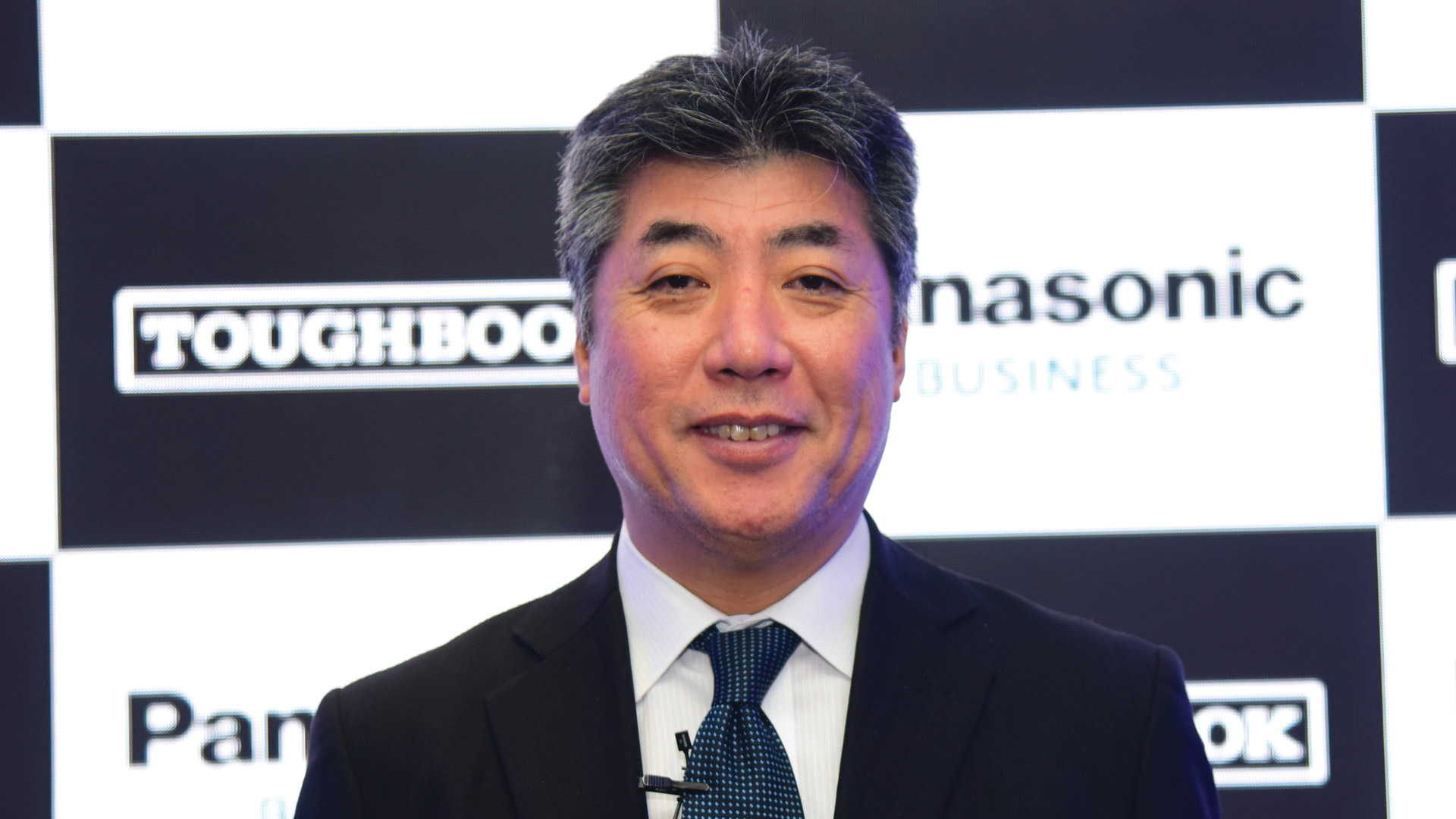50 Manufacturing Companies – Eaton

Eaton has a clear roadmap in place for implementing Industry 4.0 across manufacturing operations. The company’s strategy focuses on practices like automation, additive manufacturing and manufacturing execution system (MES). Robots are being used at its plants to manage processes like forging, extrusion spooling, valve machining and integration of assembly lines, while software programmes are utilised for simulating and optimising layout of manufacture. Its vehicle plants in India use 3D printing to produce jigs and fixture among various other manufacturing components. “At Eaton, we are also exploring the use of Augmented Reality (AR) and Virtual Reality (VR) technologies in the maintenance area of manufacturing,” says Varadharajan.
Going forward, the technologies that it aims to rely on, as part of MES, will help migrate from manual tracking to real time data environment. It is looking at implementing real time solution which will enable the company to go paperless, improve the manufacturing process control and predictive maintenance. Further, in the AM space, 3D will be the normal process from tooling to assembly simulation and prototyping. It plans to deploy AM at all its four plants focusing on tooling, safety and quality devices.
With the help of Digital Manufacturing, it plans to migrate from non-integrated design and manufacturing to digital integration, besides implementing modeling software and CAD/CAM to integrate design and manufacturing development leveraging virtual analysis. “We will continue to implement simulation for all new lines, new layout proposals, and major RFQs for optimised outcomes. Automation and robotics engineering is looked at as agile, flexible and modular concept by product family, which enable smart handling systems. We will also continue to develop and implement flexible machine automation standards by product family, based on mix, demand and complexity,” he adds.
AM helps improve productivity by reducing time and cost to develop tooling, improves safety and quality by faster deployment of poka-yoke. Digital Manufacturing helps improve plant design, productivity, and RFQ process by looking at different options.

































---Mahendra-Singhi.jpg)









.jpg)







